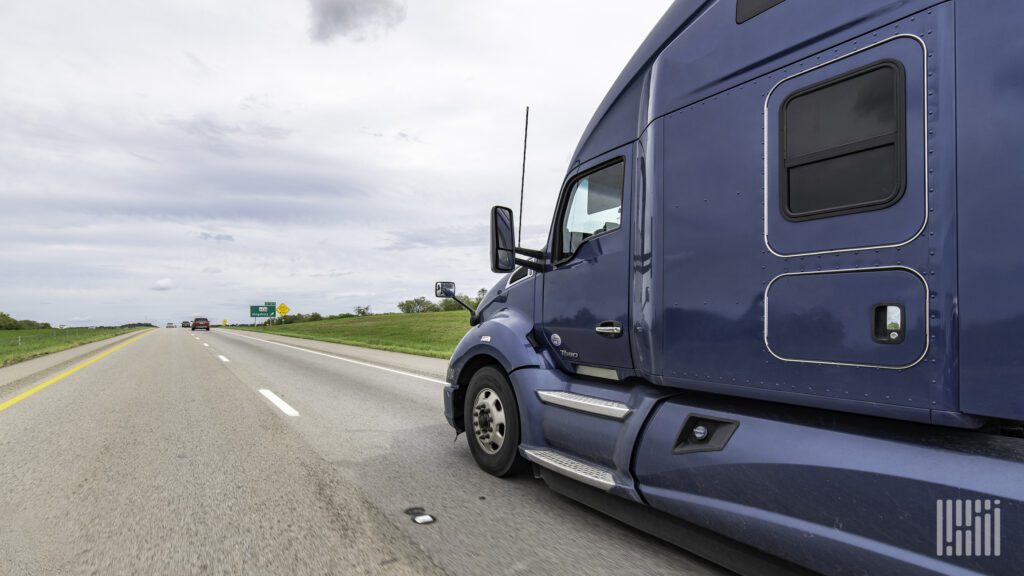WASHINGTON — A recent study by the American Transportation Research Institute (ATRI) has established a connection between the removal of the 12% federal excise tax (FET) on new trucks and truck equipment and a notable decrease in accidents, leading to substantial financial savings.
In a report published on Wednesday, ATRI, the research division of the American Trucking Associations, noted that abolishing the tax would accelerate the replacement of older trucks with newer models, which in turn would lower costs associated with advanced driver assistance systems (ADAS).
ATRI projects that this increase in trucks equipped with such systems could prevent approximately 750 accidents annually, resulting in savings of nearly $13.5 billion in crash-related expenses over the next decade.
Decrease in CO2 from Truck FET Repeal Over Ten Years
Jacqueline Gelb, president of the American Truck Dealers, commented in an ATRI press release, “Truck prices significantly affect our dealers’ annual sales, limiting our customers’ capacity to modernize their fleets.”
“This report strongly supports one of the main arguments for the elimination of the FET on new trucks by highlighting the tangible benefits of such a repeal for both the environment and highway safety.”
The American Trucking Associations has been advocating for the removal of the truck FET and has urged legislators to pass relevant laws. A bipartisan bill aimed at repealing the tax was reintroduced in March.
The FET, established in 1917 to generate revenue during World War I, is levied on the initial retail sale of new trucks and trailers. Depending on the type, this tax can increase the price of a new tractor-trailer by over $40,000, influencing buyers’ decisions, often pushing them towards used trucks or extending the life of their existing vehicles.
ATRI suggests that the surge in demand for newer, more environmentally friendly trucks, prompted by the FET repeal, could lead to a reduction in carbon emissions, approximating 1.2 million metric tons of CO2 annually beyond current truck purchase patterns.
Related Articles:
Click for more FreightWaves articles by John Gallagher.


